Tonsillectomy Surgery in Chirag Enclave, Delhi
Tonsillectomy is the surgical excision of the tonsils, which are two oval-shaped stacks of tissue at the back of the throat, one on each side. A tonsillectomy was once a common procedure for treating tonsil infection and irritation (tonsillitis). Today, a tonsillectomy is typically performed to relieve obstructed breathing, although it can also be used as a therapy when tonsillitis occurs frequently or does not respond to other medications.
To know more, you can consult an ENT specialist near you or visit an ENT hospital in New Delhi.
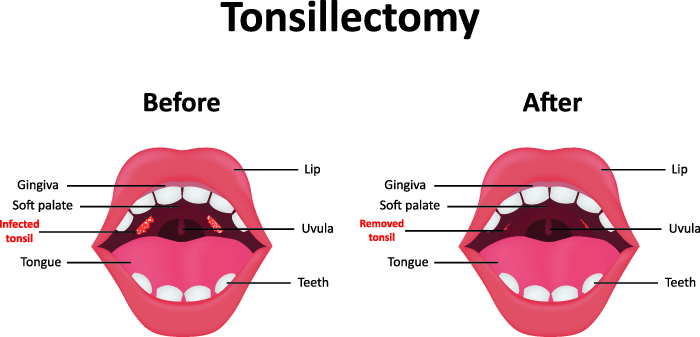
Who qualifies for tonsillectomy?
Even though only children may need their tonsils removed, adults may also benefit from having their tonsils removed. Tonsillectomy may be considered for intermittent throat disease with no less than 7 episodes in the previous year or possibly 5 episodes each year for a very long time or possibly 3 episodes each year for a very long time. There should be documentation in a clinical record for every episode of sore throat and at least one of the following:
-temperature >38.3°C
-cervical adenopathy
-tonsillar exudate
-positive test for bunch A beta-hemolytic streptococcus
Request an appointment at Apollo Spectra Hospitals, Chirag Enclave, New Delhi.
Call 1860 500 2244 to book an appointment.
Why is tonsillectomy conducted?
A tonsillectomy can be performed for a variety of reasons such as:
Your tonsils are interfering with your sleep breathing. This is sometimes referred to as successive wheezing.
You have recurring throat infections (at least twice a year) as well as contaminated and enlarged tonsils (tonsillitis).
What are the different types of tonsillectomy?
The following are the most common methods for removing tonsils:
Electrocautery: This method uses heat to remove the tonsils and stop any bleeding.
Cold blade analysis: This involves tonsil removal with a surgical instrument using a cold steel blade analysis. Drainage is then stopped by sutures or electrocautery (outrageous warmth).
Consonant surgical tool: This approach uses ultrasonic vibrations to cut and inhibit tonsil drainage at the same time.
Various techniques include the use of radiofrequency removal processes, carbon dioxide laser and microdebrider.
What are the benefits of tonsillectomy?
- Tonsillitis can be excruciatingly painful. Tonsillectomy can offer permanent relief from it.
- Less infection
- Better sleep
What are the risks of tonsillectomy?
Tonsillectomy, like other surgical treatments, poses such risks as:
Anesthetic responses: Prescriptions to keep you sedated during a medical operation can result in mild, transitory problems such as brain discomfort, nausea, vomiting or muscular irritability.
Swelling: Expanding of the tongue and delicate top of the mouth (delicate perception of taste) might cause breathing problems, especially in the first few hours after a device is installed.
Excessive bleeding: During a medical operation, bleeding occurs. In rare situations, severe bleeding occurs.
Infection: Occasionally, the tonsillectomy technique might cause contamination that needs further treatment.
The most generally acknowledged reason for meticulous tonsil removal is that contaminations or persistent illnesses can interfere with breathing, relaxing or gulping. Tonsil problems can hurt a child's well-being, personal happiness, and, unexpectedly, academic performance.
Contact your primary care physician if any of the following occurs after a tonsillectomy:
- Mouth starts bleeding
- A fever higher than 101 degree F and does not improve with acetaminophen
- Pain
- Dehydration
This is often an outpatient procedure and your child will most probably return home the same day.
Typically, children may have to take pain medication for 7-14 days, with the first week being the most dreadful. Unlike in the past, when there were dietary restrictions that necessitated a careful food regimen, children can now transition to a regular eating regimen whenever they choose, as long as they are drinking enough water to remain hydrated.
Symptoms
Our Doctors
DR. AMEET KISHORE
MBBS, FRCS - ENT(Gla...
| Experience | : | 25 Yeras Experience |
|---|---|---|
| Speciality | : | ENT, Head and Neck S... | Location | : | Chirag Enclave |
| Timings | : | Thur : 9:00 AM to 10... |
DR. ASHWANI KUMAR
DNB, MBBS...
| Experience | : | 9 Yeras Experience |
|---|---|---|
| Speciality | : | ENT, Head and Neck S... | Location | : | Chirag Enclave |
| Timings | : | Thur : 9:00 AM to 10... |
DR. MANISH GUPTA
MBBS, MS (ENT)...
| Experience | : | 23 Yeras Experience |
|---|---|---|
| Speciality | : | ENT, Head and Neck S... | Location | : | Chirag Enclave |
| Timings | : | Mon, Wed: 12:00 PM t... |
DR. R K TRIVEDI
MBBS, DLO, MS (ENT)...
| Experience | : | 44 Yeras Experience |
|---|---|---|
| Speciality | : | ENT, Head and Neck S... | Location | : | Karol Bagh |
| Timings | : | Wed, Fri : 12:00 PM ... |
DR. RAJEEV NANGIA
MBBS, MS (ENT)...
| Experience | : | 29 Yeras Experience |
|---|---|---|
| Speciality | : | ENT, Head and Neck S... | Location | : | Karol Bagh |
| Timings | : | Tue, Sat : 12:00 PM ... |
DR. SANJIV DANG
MBBS, MS (ENT)...
| Experience | : | 34 Yeras Experience |
|---|---|---|
| Speciality | : | ENT, Head and Neck S... | Location | : | Karol Bagh |
| Timings | : | Mon - Sat : 9:00 AM ... |
DR. S C KAKKAR
MBBS, MS (ENT), DLO,...
| Experience | : | 34 Yeras Experience |
|---|---|---|
| Speciality | : | ENT, Head and Neck S... | Location | : | Karol Bagh |
| Timings | : | Available by prior a... |
DR. NISHI GUPTA
MBBS, MS - ENT, DNB ...
| Experience | : | 26 Yeras Experience |
|---|---|---|
| Speciality | : | ENT, Head and Neck S... | Location | : | Karol Bagh |
| Timings | : | Mon, Tues, Thurs, Fr... |
DR. NITYA SUBRAMANIAN
MBBS, DLO, DNB (ENT)...
| Experience | : | 17 Yeras Experience |
|---|---|---|
| Speciality | : | ENT, Head and Neck S... | Location | : | Karol Bagh |
| Timings | : | Mon & Thur : 11:00 A... |
DR. SORABH GARG
MBBS, DNB (Anaesthes...
| Experience | : | 16 Yeras Experience |
|---|---|---|
| Speciality | : | Pain Management... | Location | : | Karol Bagh |
| Timings | : | Mon - Sat : 9:00 AM ... |
DR. CHANCHAL PAL
MBBS, MS (ENT)...
| Experience | : | 40 Yeras Experience |
|---|---|---|
| Speciality | : | ENT, Head and Neck S... | Location | : | Chirag Enclave |
| Timings | : | Thur, Fri : 11:00 AM... |
DR. LALIT MOHAN PARASHAR
MS (ENT)...
| Experience | : | 30 Yeras Experience |
|---|---|---|
| Speciality | : | ENT, Head and Neck S... | Location | : | Chirag Enclave |
| Timings | : | Mon, Wed, Fri - 9:00... |
DR. SANJAY GUDWANI
MBBS, MS (ENT)...
| Experience | : | 31 Yeras Experience |
|---|---|---|
| Speciality | : | ENT, Head and Neck S... | Location | : | Chirag Enclave |
| Timings | : | Tue, Fri : 5:00 PM t... |
DR. SWARAJ MISHRA
MBBS - JLN Medical C...
| Experience | : | 28 Yeras Experience |
|---|---|---|
| Speciality | : | ENT, Head and Neck S... | Location | : | Chirag Enclave |
| Timings | : | Mon, Wed, Thur & Sat... |
DR. NAYEEM AHMAD SIDDIQUI
MBBS, DLO-MS, DNB...
| Experience | : | 14 Yeras Experience |
|---|---|---|
| Speciality | : | ENT, Head and Neck S... | Location | : | Chirag Enclave |
| Timings | : | Mon - Sat : 11:00 AM... |
DR. SALONI SINHA
MBBS, MS Surgery...
| Experience | : | 7 Yeras Experience |
|---|---|---|
| Speciality | : | ENT, Head and Neck S... | Location | : | Karol Bagh |
| Timings | : | Thur : 12:00 PM to 2... |
DR. PALLAVI GARG
MBBS, MD (General Me...
| Experience | : | 17 Yeras Experience |
|---|---|---|
| Speciality | : | General Surgery & Ga... | Location | : | Karol Bagh |
| Timings | : | Mon - Fri : On Call... |
Our Patient Speaks
My family friend advised me to go to Dr. Nayeem at Apollo Spectra. I was told that the doctor was highly qualified and knowledgeable, which was absolutely true. When I came to Apollo Spectra, I was truly blown away. The ambiance and the cleanliness were top-notch. Everybody working here were complete professionals and very friendly. A special mention to the duty doctors, the nursing staff, and the housekeeping team. They made me feel comfortable and took very good care of me. My food was served on time and it was tasty. So, I just want to extend my thanks to Dr. Nayeem and the entire staff. Keep it up.
Adnan Ibn Obaid
ENT
Tonsillectomy
Dr. Parashar is one of the best doctors in our country. He is a gentleman who is completely down to earth. I personally feel that Apollo Spectra hospitals are a great initiative taken by the Apollo group to facilitate the patients across various places. The Apollo Spectra Karol Bagh is an excellent facility. A well-maintained structure, spick and span, and a good ambiance overall are definitely the plus points. The duty doctors and nurses are very well qualified and extended their support whenever necessary. They were very humble and friendly, and it helped me relax. The front office team is super-efficient, and the admission process was done very quickly, without wasting any time. This hospital is running like a well-oiled machine, thanks to the wonderful staff.
Annayah Negi
ENT
Tonsillectomy
We came to the Apollo spectra hospital for the treatment of our son, Mohd. Arman. The doctor and nurses here are well-behaved, caring and know their duties well. We are highly satisfied with the treatment and care provided here, leaving us without any complaints.
Mohd Arman
ENT
Tonsillectomy
The doctor and staff are very experienced and co-operative. I had tonsillectomy and was admitted to this hospital for surgery and I am quite satisfied with the procedure and courteous staff. I would highly recommend Dr. Ameet Kishore as he is quite experienced with a great sense of humour. The nurses are very attentive and courteous. I would highly recommend this hospital.
Mr. Shubham Gupta
ENT
Tonsillectomy
The doctors at Apollo are well experienced and helpful. They successfully removed my tonsils and adenoid glands. The nursing staff helped in every way possible. The hospital and its washrooms were clean and hygienic. The overall experience was satisfactory. I thank the doctors and the supportive staff. I have been fortunate to avail great facilities at this hospital.
Ms. Smriti Chapagain
Tonsillectomy
I’m Abdul attendant of Razia Samadi. Razia was suffering from ENT problems from the last 2-3 years and taken treatment from doctors in our home country but got no relief. Finally we came to India and landed to Apollo Spectra Hospitals, kailash Colony & Consulted Dr LM Parashar & he advised surgery.I’m very happy with the services & treatment in reasonable price at Apollo.
Razia Samadi
ENT
Tonsillectomy
I am so happy that I chose Apollo Spectra for my son’s treatment. It is definitely one of the best decisions of my life. I was recommended Dr. Noor, who is a specialist at Apollo Spectra. So, once we reached the hospital for an initial consultation, they conducted a TPA procedure. Everything went smoothly and the whole staff was exceptionally supportive and cooperative. Even the duty doctors and the nurses are highly qualified and treat you with so much care. It was truly heart-warming. The hospital was very clean and hygienic. And, even the maintenance was up to date. Keep it up, guys! Thank you.
Samnvay Arora
ENT
Tonsillectomy
I am Vikram Bansal and I came to Apollo for Tonsillectomy treatment on 25th August 2017. The treatment was carried out by Dr LM Parashar and was successful. I would like to thank Apollo Spectra for the excellent care and service provided by them. From the front office staff to the doctors and nurses, everyone is extremely polite and helpful. Apart from that, the hospital has an excellent infrastructure with good hygiene. I had a great experience here. Thanks.
Vikram Bansal
ENT
Tonsillectomy
Honestly speaking, it never felt like a hospital. The premises were always spick and span, my room was very clean and came with a T.V, the bathrooms were cleaned from time to time, and the food was very good. Apollo Spectra creates a homely environment to keep you comfortable and happy. I was under the care of Dr. Ameet Kishore, who is simply amazing. He was completely professional and helped me whenever I needed it. The front office team was very good. They explain all the details correctly and patiently. The nurses were spectacular. They were so friendly and kind. Apollo spectra is now my only source of care. I would highly recommend it to all my family and friends.
Vinay
ENT
Tonsillectomy
I visited the Apollo Spectra Hospital in south Delhi for my surgery. During the course of the treatment, I found the treatment and hospitality extended to me to be exceptional. The doctors as well as all the staff at the hospital, including the nursing staff, cleaning staff, front office as well as the administrative staff were all very helpful and well behaved. I would recommend the Apollo Spectra Hospital to anyone looking to have any surgeries performed, or even anyone looking for expert medical advice as the doctors at the Apollo Spectra Hospital are highly educated and well trained, and the facilities provided at the hospital are quite up to the mark.
Atifa Hussain
ENT
Tonsillectomy
Our Top Specialities
NOTICE BOARD
CONTACT US
CONTACT US
 Book Appointment
Book Appointment




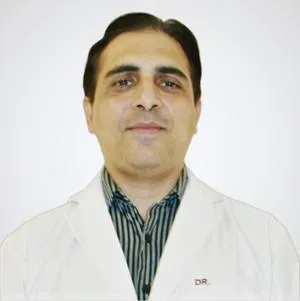














.webp)
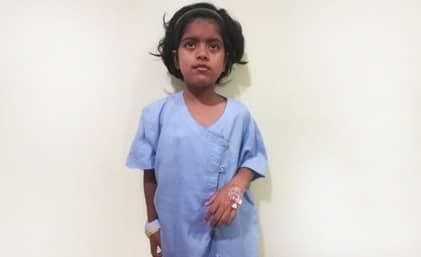
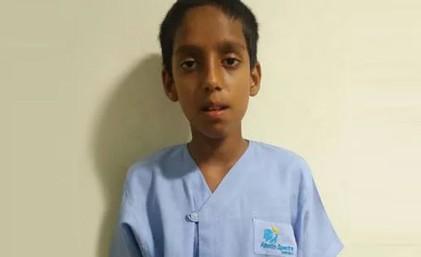
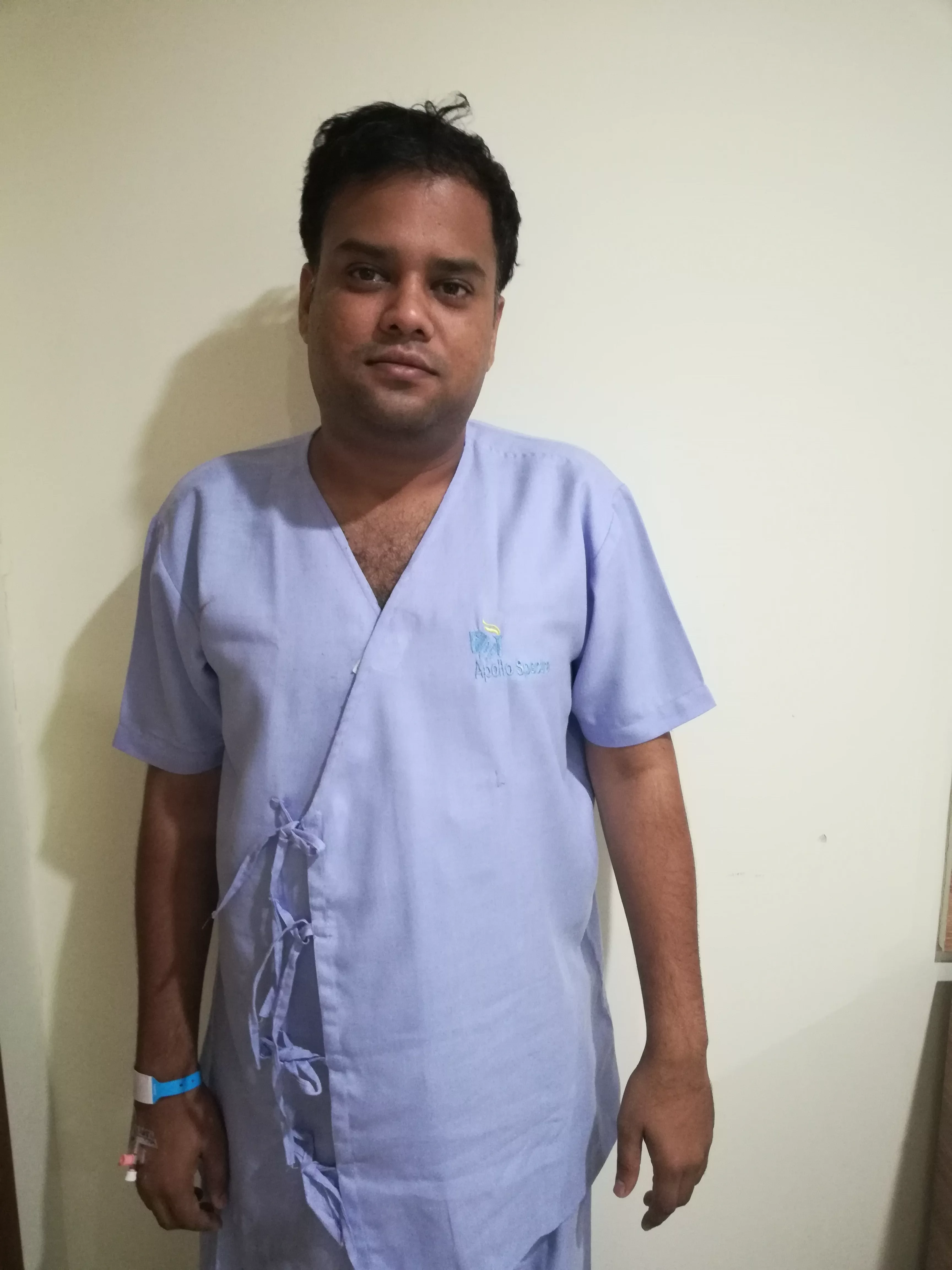
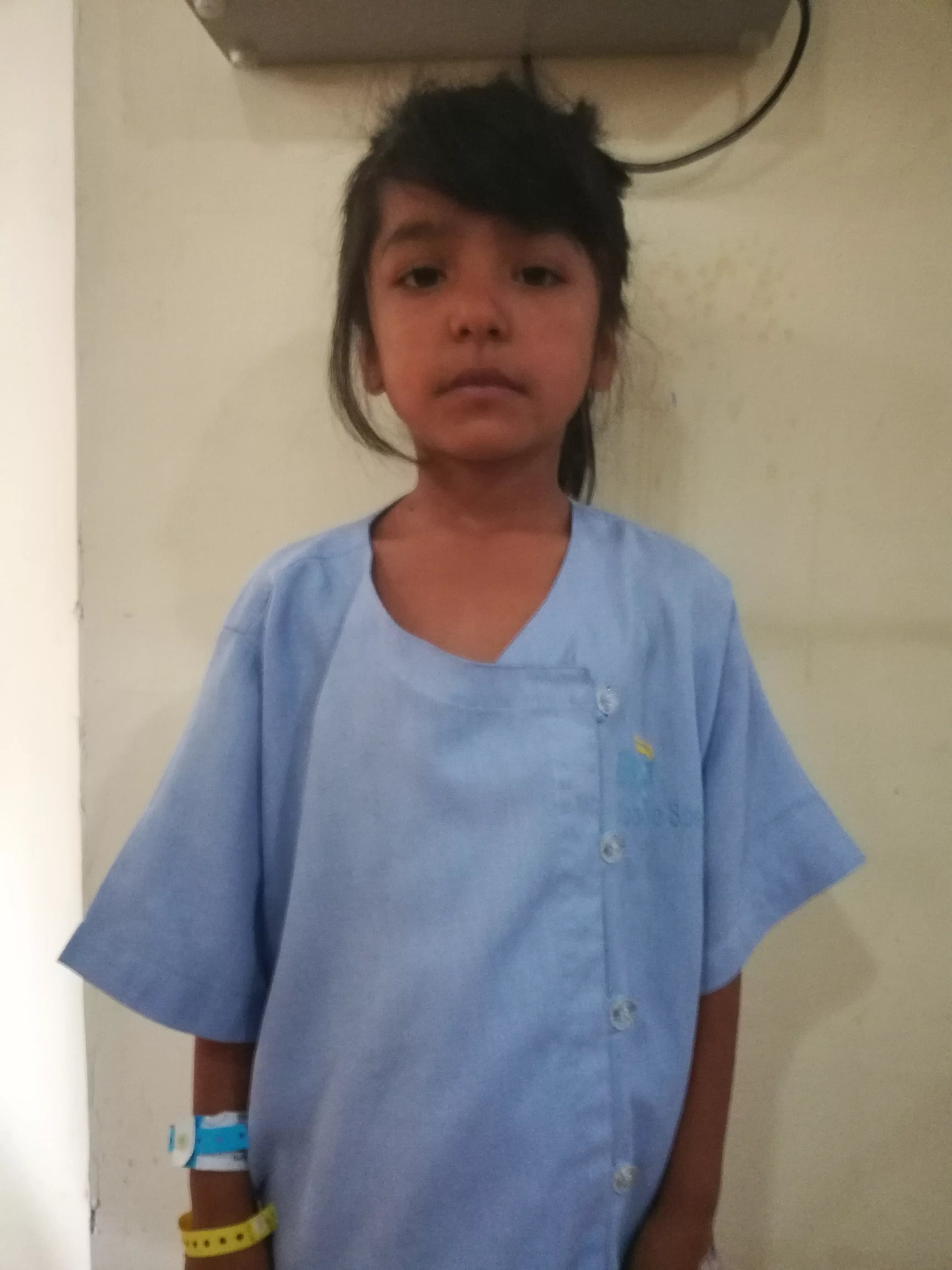
.webp)
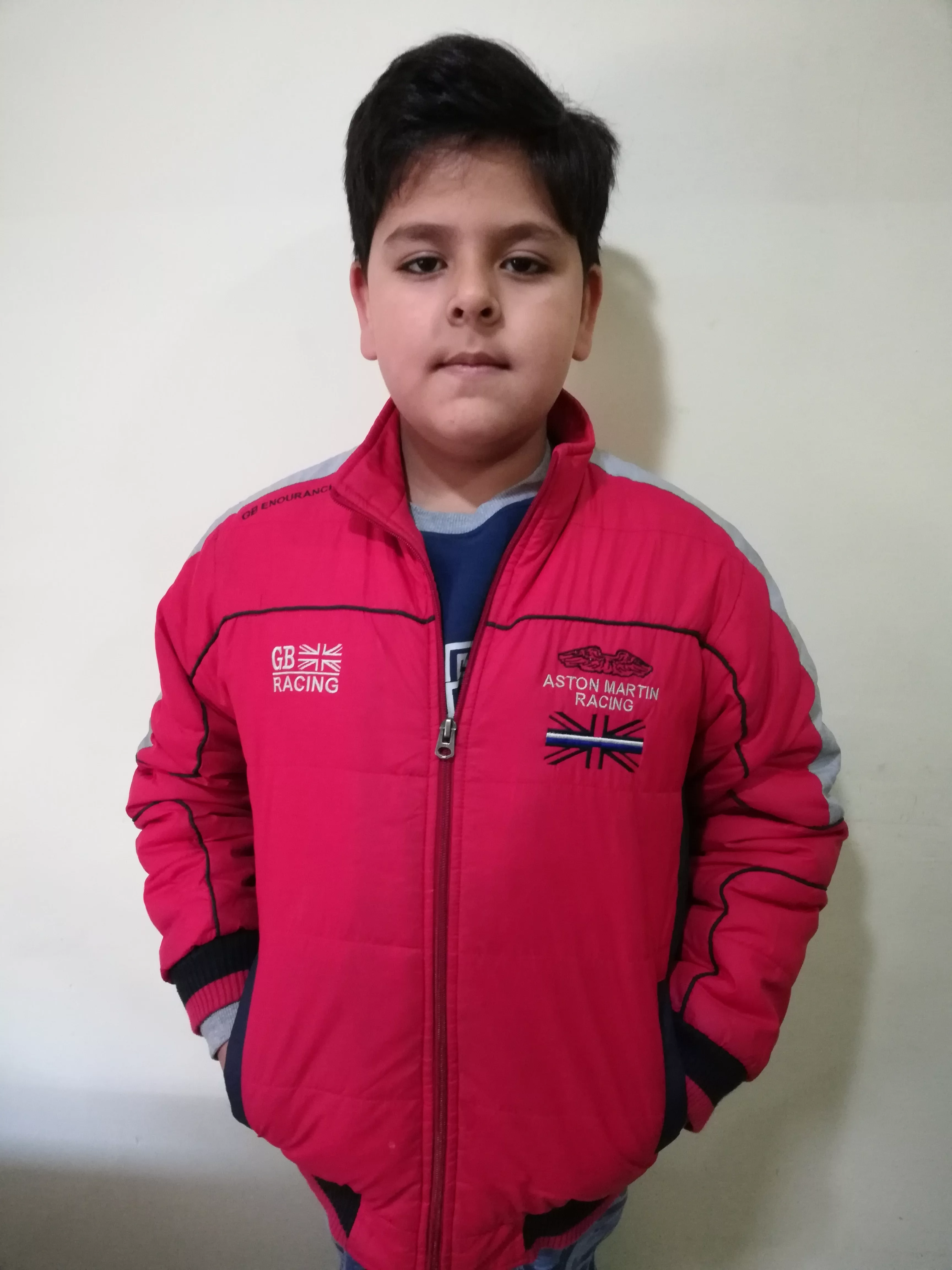


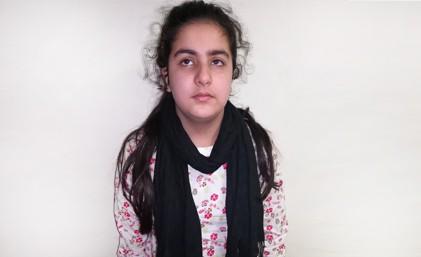
.svg)
.svg)
.svg)
.svg)








